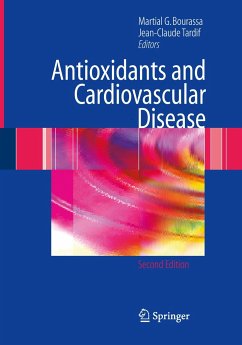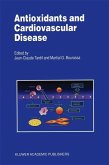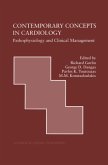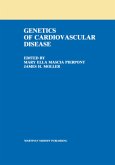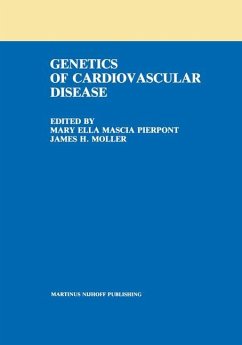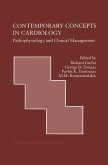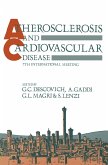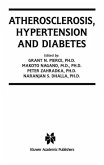Chronic oxidative stress is associated with the aging process and often leads to the development of disorders such as cancer and arterial disease. Cardiovascular conditions in which oxidation damage has been strongly implicated include atherosclerosis, myocardial ischemia and reperfusion, coronary restenosis, diabetes mellitus, and congestive heart failure.
Antioxidants and Cardiovascular Disease, Second Edition covers three major topics: 1) the first seven chapters review the oxidative modifcation hypothesis and its close relationship to lipid metabolism and to the pathogenesis of atherosclerosis; 2) the next four chapters describe the different compounds, nutrients and supplements with antioxidant properties and their mechanisms of action; 3) and finallly, the last ten chapters discuss the potential benefits of antioxidants in overall cardiovascular prevention, including hypertension, diabetes mellitus, dyslipidemias, and in the treatment and prevention of specific conditions such as chronic coronary artery disease, restenosis after percutaneous coronary intervention, and chronic heart failure.
Antioxidants and Cardiovascular Disease, Second Edition is written by recognized experts in the fields of atherosclerosis, heart failure and antioxidants. It should be of interest to medical students and fellows, researchers, and practicing physicians.
There has been rapid progress in our knowledge in this field during the last two to three years. Thus the current reedition appears timely. For instance, this second edition captures several recently reported and published clinical trials as welll as new information on diabetic and hypertensive cardiovascular disease.
Antioxidants and Cardiovascular Disease, Second Edition covers three major topics: 1) the first seven chapters review the oxidative modifcation hypothesis and its close relationship to lipid metabolism and to the pathogenesis of atherosclerosis; 2) the next four chapters describe the different compounds, nutrients and supplements with antioxidant properties and their mechanisms of action; 3) and finallly, the last ten chapters discuss the potential benefits of antioxidants in overall cardiovascular prevention, including hypertension, diabetes mellitus, dyslipidemias, and in the treatment and prevention of specific conditions such as chronic coronary artery disease, restenosis after percutaneous coronary intervention, and chronic heart failure.
Antioxidants and Cardiovascular Disease, Second Edition is written by recognized experts in the fields of atherosclerosis, heart failure and antioxidants. It should be of interest to medical students and fellows, researchers, and practicing physicians.
There has been rapid progress in our knowledge in this field during the last two to three years. Thus the current reedition appears timely. For instance, this second edition captures several recently reported and published clinical trials as welll as new information on diabetic and hypertensive cardiovascular disease.

